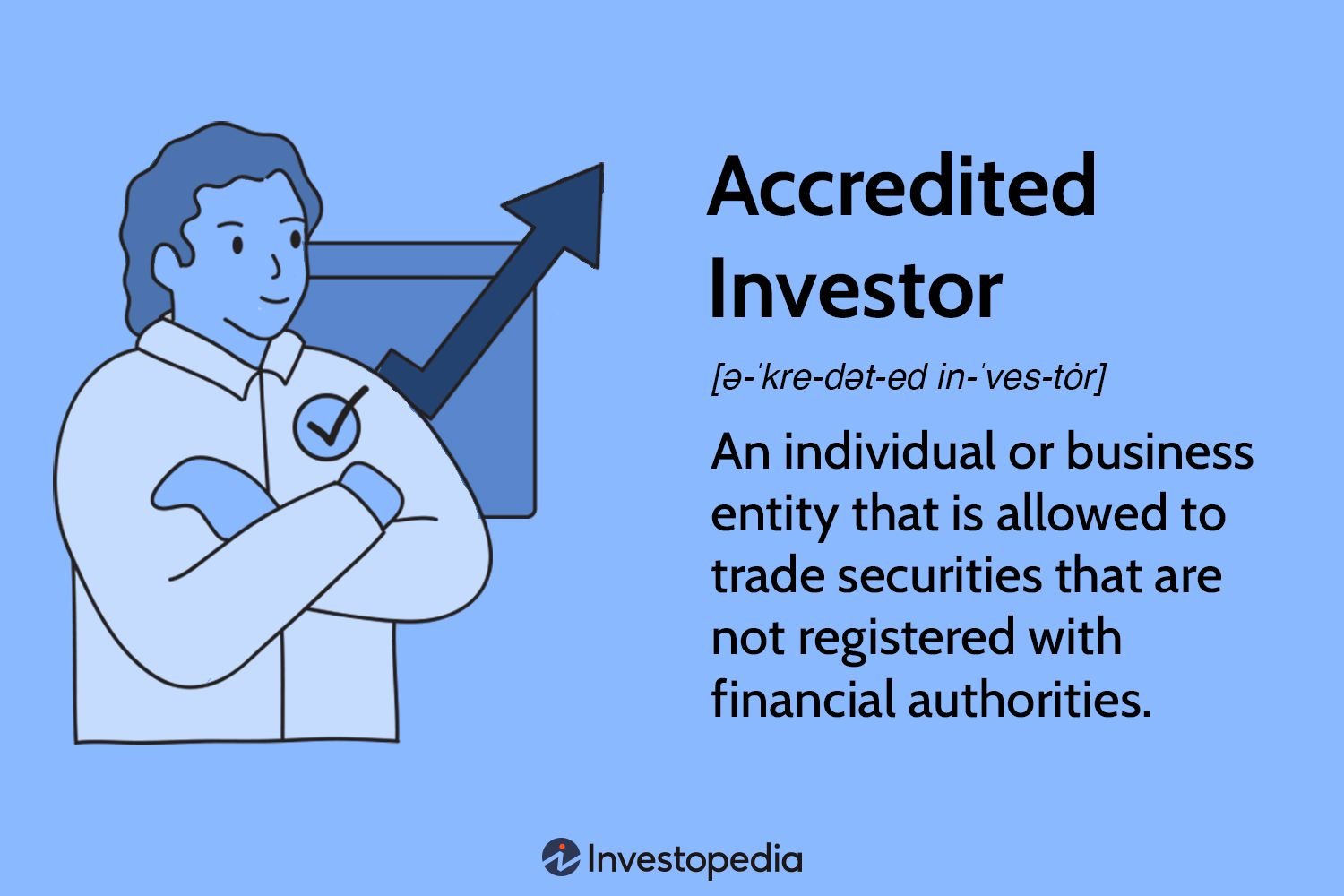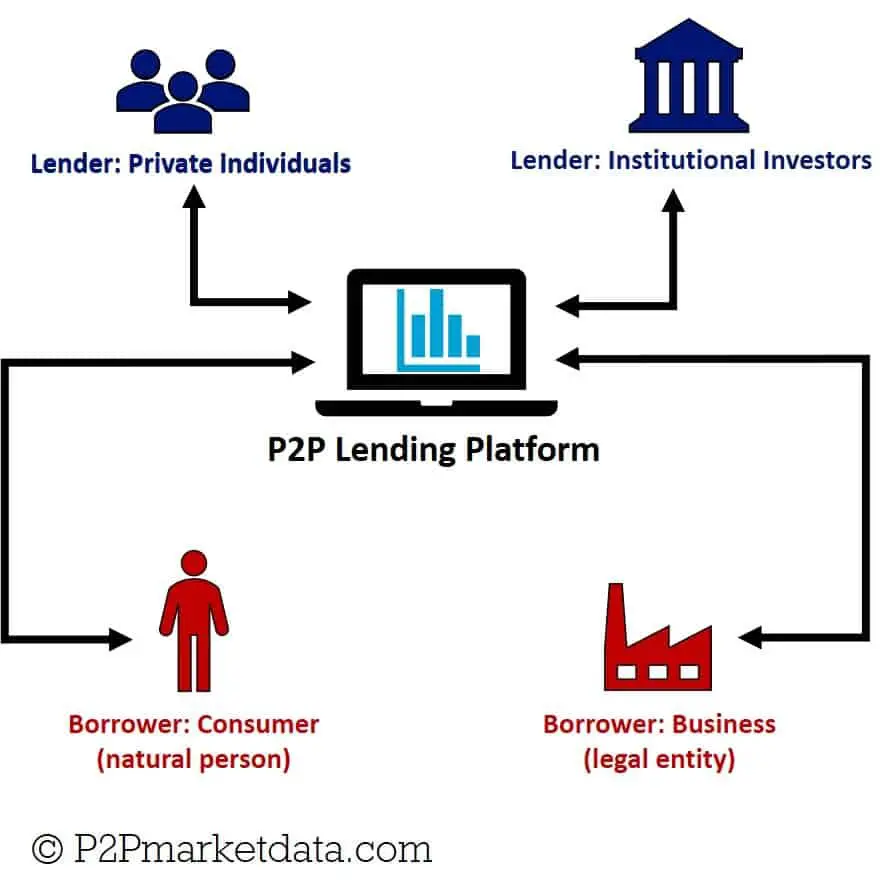Looking for tips on how to navigate the pre-foreclosure process? You’re in the right place! Dealing with the threat of losing your home can be overwhelming and stressful, but with the right knowledge and strategies, you can take control of the situation and work towards a solution. In this article, we will guide you through the pre-foreclosure process and provide valuable tips to help you stay informed, make informed decisions, and ultimately overcome this challenging experience. So, let’s dive in and explore the tips for navigating the pre-foreclosure process that can help you protect your home and find a way forward.
Tips for Navigating the Pre-Foreclosure Process
Introduction
Facing the possibility of foreclosure on your property can be a distressing and overwhelming experience. However, it’s important to remember that you have options and resources available to help navigate the pre-foreclosure process. By understanding the steps involved and having a proactive approach, you can potentially avoid foreclosure and protect your financial stability. In this article, we will provide you with practical tips and strategies to guide you through the pre-foreclosure process.
1. Educate Yourself on the Pre-Foreclosure Process
Gaining a thorough understanding of the pre-foreclosure process is crucial when facing the possibility of losing your home. By familiarizing yourself with the key steps, timelines, and legal requirements, you can be better prepared to make informed decisions. Here are some important points to consider:
- Know your rights as a homeowner and understand the local foreclosure laws and regulations in your area.
- Understand the specific timeline of the pre-foreclosure process, including important deadlines for response and action.
- Familiarize yourself with the different stages of foreclosure, such as the notice of default, notice of sale, and the redemption period.
- Consult with a real estate attorney or housing counselor who specializes in foreclosure prevention to ensure you have expert guidance throughout the process.
2. Assess Your Financial Situation
One of the first steps in navigating the pre-foreclosure process is to assess your current financial situation. This will help you determine the best course of action and whether you can realistically save your home from foreclosure. Consider the following:
- Take an honest look at your income, expenses, and overall financial health.
- Create a budget that allows you to allocate your resources effectively, including setting aside funds for mortgage payments.
- Identify any financial hardships or circumstances that have led to falling behind on mortgage payments.
- Explore potential sources of additional income or financial assistance, such as government programs or local resources.
2.1 Communicate with Your Lender
Open and consistent communication with your lender is crucial during the pre-foreclosure process. By proactively reaching out to your lender, you can explore alternatives to foreclosure and potentially negotiate a solution that works for both parties. Consider the following tips:
- Contact your lender as soon as you anticipate difficulty making mortgage payments.
- Explain your financial situation honestly and provide any supporting documentation if required.
- Ask about available options, such as loan modification, forbearance, or repayment plans.
- Follow up with your lender regularly to stay informed about the progress and any additional requirements.
2.2 Explore Foreclosure Avoidance Programs
To assist homeowners facing foreclosure, various foreclosure avoidance programs and resources are available. These programs can provide financial relief, counseling, and guidance throughout the pre-foreclosure process. Here are a few programs to consider:
- The Home Affordable Modification Program (HAMP): This program offers eligible homeowners the opportunity to modify their existing mortgage to make it more affordable.
- The Hardest Hit Fund (HHF): HHF provides assistance to homeowners in states that were particularly affected by the economic downturn.
- Local Housing Counseling Agencies: These agencies offer free or low-cost counseling services to homeowners facing foreclosure, providing guidance and support in navigating the process.
3. Consider Selling Your Property
If saving your home from foreclosure seems unattainable or undesirable, selling your property may be a viable option. By selling your property during the pre-foreclosure stage, you can potentially avoid the negative impacts of foreclosure on your credit score and future homeownership opportunities. Here are some tips to consider:
- Consult with a real estate professional who specializes in distressed properties and pre-foreclosure sales.
- Price your property competitively to attract potential buyers quickly.
- Consider marketing strategies such as online listings, open houses, and social media promotion to reach a wider audience.
- Be prepared to negotiate with potential buyers and be flexible with terms to expedite the sale process.
3.1 Short Sale
A short sale is a common option for homeowners facing pre-foreclosure. In a short sale, the lender agrees to accept less than the total amount owed on the mortgage, allowing the homeowner to sell the property and avoid foreclosure. Here are some key points to consider about short sales:
- Consult with a real estate professional experienced in short sales to guide you through the process.
- Work with your lender to obtain approval for a short sale and provide all the necessary documentation.
- Prepare a compelling and accurate hardship letter explaining your financial situation and why a short sale is the best solution.
- Collaborate with the buyer’s agent and facilitate all necessary inspections and paperwork.
4. Protect Your Rights and Be Aware of Scams
During the pre-foreclosure process, it’s essential to protect your rights and be cautious of potential scams or fraudulent activities that target vulnerable homeowners. Here are some tips to safeguard yourself from scams:
- Research and verify any organization, individual, or program before engaging with them.
- Avoid paying upfront fees for foreclosure prevention assistance or loan modification services.
- Do not sign any documents without thoroughly understanding their content and seeking legal advice if needed.
- Stay informed about the latest scams and fraudulent schemes targeting homeowners in pre-foreclosure by visiting reputable sources such as the Federal Trade Commission (FTC) website.
Navigating the pre-foreclosure process can be a challenging and emotional journey, but with the right knowledge and proactive approach, you can increase your chances of success. By educating yourself on the process, assessing your financial situation, communicating with your lender, considering available programs, exploring options like selling your property, and protecting your rights, you can navigate through this challenging time. Remember, seeking professional guidance from real estate professionals and housing counselors can provide invaluable support throughout the process.
Step by Step Process of Buying a pre foreclosure House | Wholesaling
Frequently Asked Questions
Frequently Asked Questions (FAQs)
How can I navigate the pre-foreclosure process smoothly?
To navigate the pre-foreclosure process smoothly, you can follow these tips:
What is pre-foreclosure?
Pre-foreclosure refers to the stage in the foreclosure process where the homeowner has defaulted on their mortgage payments, but the property has not yet been auctioned off or repossessed by the bank.
Is it necessary to work with a real estate agent during the pre-foreclosure process?
While it is not mandatory to work with a real estate agent, it can be highly beneficial during the pre-foreclosure process. An experienced agent can provide guidance, negotiate with the bank, and help you explore potential options to avoid foreclosure.
Can I negotiate with the bank to save my home from foreclosure?
Yes, it is possible to negotiate with the bank to save your home from foreclosure. You can propose alternative solutions such as loan modification, short sale, or deed in lieu of foreclosure. It’s important to communicate with the bank as early as possible to increase the chances of reaching a favorable agreement.
What is a loan modification?
A loan modification is a change made to the terms of your existing mortgage loan by the bank. It may involve adjusting the interest rate, extending the loan term, or incorporating any arrears into the loan balance. This modification aims to make the mortgage more affordable for the homeowner.
What is a short sale?
A short sale is an option where the homeowner sells the property for less than the outstanding mortgage balance. The bank agrees to accept the proceeds from the sale as full satisfaction of the debt. This can be a viable solution to avoid foreclosure and minimize credit damage.
What is a deed in lieu of foreclosure?
A deed in lieu of foreclosure is a process where the homeowner voluntarily transfers ownership of the property to the bank to satisfy the mortgage debt. This option allows the homeowner to avoid the foreclosure process and its associated negative impact on credit.
Are there any government programs to help homeowners in pre-foreclosure?
Yes, there are several government programs available to assist homeowners in pre-foreclosure. Programs such as the Home Affordable Modification Program (HAMP) and the Home Affordable Foreclosure Alternatives (HAFA) program provide options for loan modifications and short sales, respectively.
What happens if I can’t save my home from foreclosure?
If you are unable to save your home from foreclosure, the property will go through the foreclosure process, and the bank will eventually repossess it. The exact timeline and procedures vary by jurisdiction. It’s important to consult with an attorney or real estate professional to understand your rights and responsibilities throughout this process.
Final Thoughts
In conclusion, navigating the pre-foreclosure process can be a challenging undertaking. However, with the right strategies, it is possible to minimize the impact and find a favorable solution. Firstly, promptly communicate with your lender to explore possible alternatives and negotiate a repayment plan. Secondly, seek professional assistance from a foreclosure specialist or attorney who can guide you through legal aspects and potential options such as loan modifications or short sales. Lastly, stay organized and keep meticulous records of all correspondence and documentation. By following these tips for navigating the pre-foreclosure process, you can increase your chances of finding a positive resolution to your situation.



